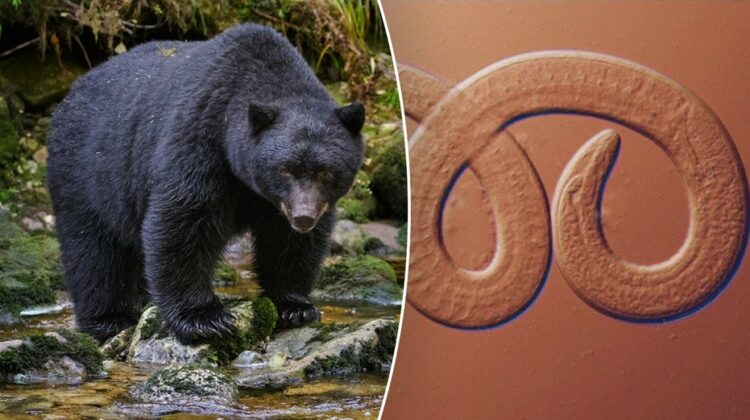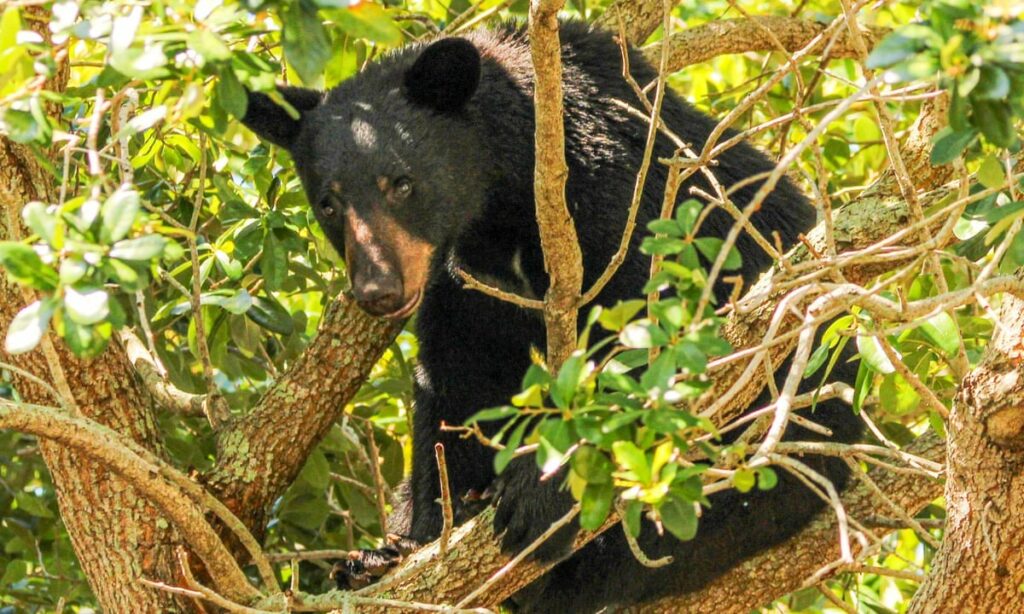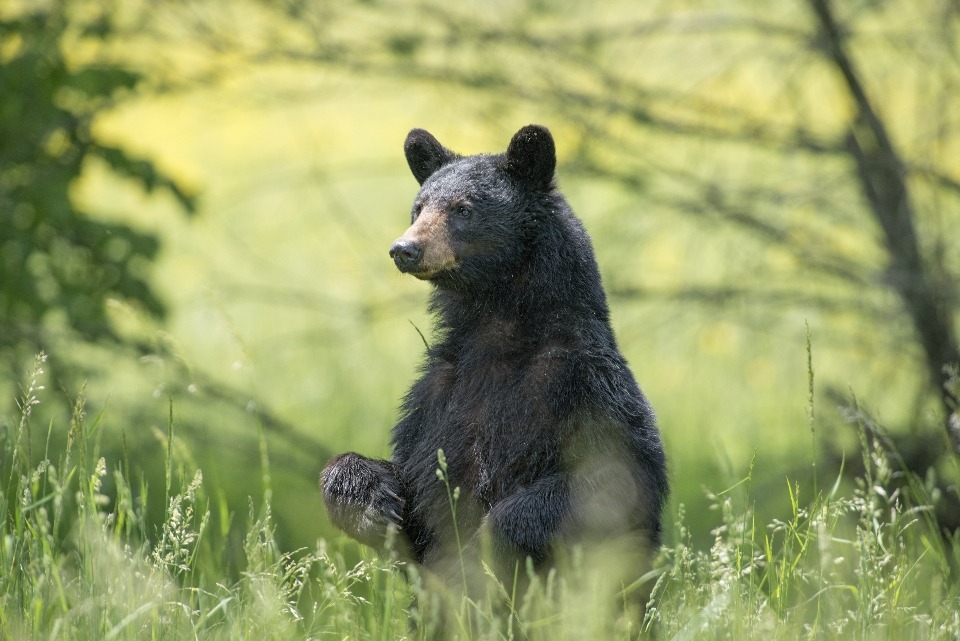
In a tragic incident, a feast featuring bear meat in North Carolina, USA, turned into a health crisis. After consuming undercooked bear meat, dozens of attendees contracted a rare parasitic infection known as trichinellosis. This event highlights the significant risks of consuming improperly cooked wild game, but more importantly, raises questions about the impact of such practices on wildlife.
Bears are crucial to ecosystems and play a vital role in maintaining ecological balance. However, many bear species worldwide face the threat of extinction due to excessive hunting and habitat loss. Consuming bear meat directly contributes to the decline of their populations and jeopardizes the survival of these important species.

Protecting the environment and biodiversity is a shared responsibility. We must all work to preserve nature and wildlife, rejecting any practices that harm the environment. Consuming wild animals, especially endangered species, is irresponsible and unethical.
There are many sustainable alternatives to wild game, such as plant-based meats and alternative proteins. These options are environmentally friendly and do not contribute to species extinction.

We call on everyone to commit to protecting the environment and wildlife. We must raise awareness about the importance of preserving biodiversity and encourage others to adopt sustainable lifestyles.
The incident involving the consumption of bear meat in North Carolina serves as a reminder of the importance of protecting the environment and wildlife. We must work together to preserve our planet for future generations.

Leave a Reply